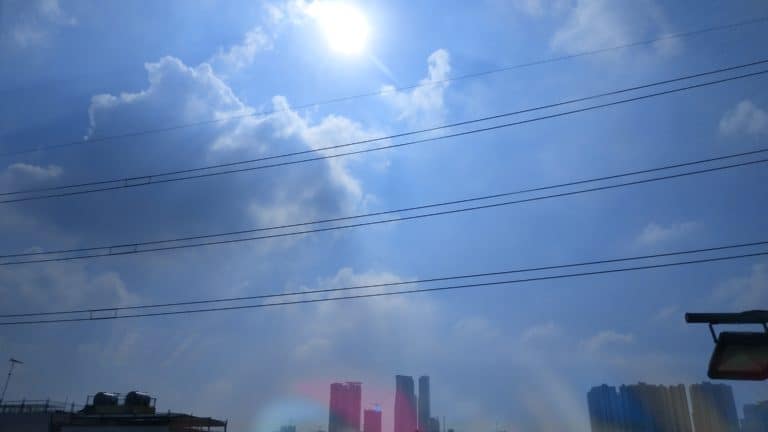
Israel plans to double the numbers of settlers in the occupied Golan Heights in Syria despite repeated calls to withdraw its troops from the land it seized after president Bashar al-Assad's ouster . Israeli prime minister Benjamin Netanyahu said on Sunday it was necessary to strengthen Israel's presence in the Golan Heights because a "new front" had opened there since armed rebels wrested power from Mr Assad , ending his family's 50-year-long rule over Syria. “Strengthening the Golan is strengthening the State of Israel, and it is especially important at this time," Mr Netanyahu said, adding that Israel would continue to "hold onto it, cause it to blossom and settle in it".
His cabinet approved Mr Netanyahu’s $11m (£8.7m) plan to double the population in the Golan Heights, where around 50,000 people live on the side occupied by Israel. Mr Netanyahu's office said the money would be spent on renewable energy, education, establishment of a student village, and a plan for absorbing new residents, according to The Times of Israel .

Israel captured most of the Golan Heights, a strategic plateau, from Syria in a 1967 war and annexed it in 1981. It’s considered illegally occupied territory under international law, but Israel has persistently rejected demands to withdraw. After the fall of Mr Assad earlier this month, Israeli troops entered a demilitarised border zone between Israeli-held and Syrian territory.
The Israeli military simultaneously unleashed a devastating bombing campaign across Syria, destroying the Syrian navy and hitting hundreds of other military and research sites. Mr Netanyahu claimed that Israel had "no interest in a conflict with Syria", saying his actions were intended to "thwart the potential threats from Syria and to prevent the takeover of terrorist elements near our border". Israeli defence minister Israel Katz claimed the rebel takeover of Syria increased the threat to his country “despite the moderate image that the rebel leaders claim to present”.
Israel's announcement on Sunday was condemned by Saudi Arabia, Qatar and the UAE, with Abu Dhabi describing it as a “deliberate effort to expand the occupation”. Abu Mohammed al-Golani, leader of the Hayat Tahrir al-Sham, a former al-Qaeda affiliate that led the fight against the Assad regime, said Israel was using false pretexts to justify its attacks on Syria, but he wasn’t interested in engaging in new conflicts. "Syria's war-weary condition, after years of conflict and war, does not allow for new confrontations.
The priority at this stage is reconstruction and stability, not being drawn into disputes that could lead to further destruction," Golani told Syria TV. Israel’s former prime minister Ehud Olmert told the BBC he did not "see any reason" for the country to expand into the Golan Heights. "The prime minister said we are not interested in expanding the confrontation with Syria and we hope we will not need to fight against the new rebels that are presently taking over Syria,” he said.
“So why do we do precisely the opposite? We have enough problems to deal with.".











